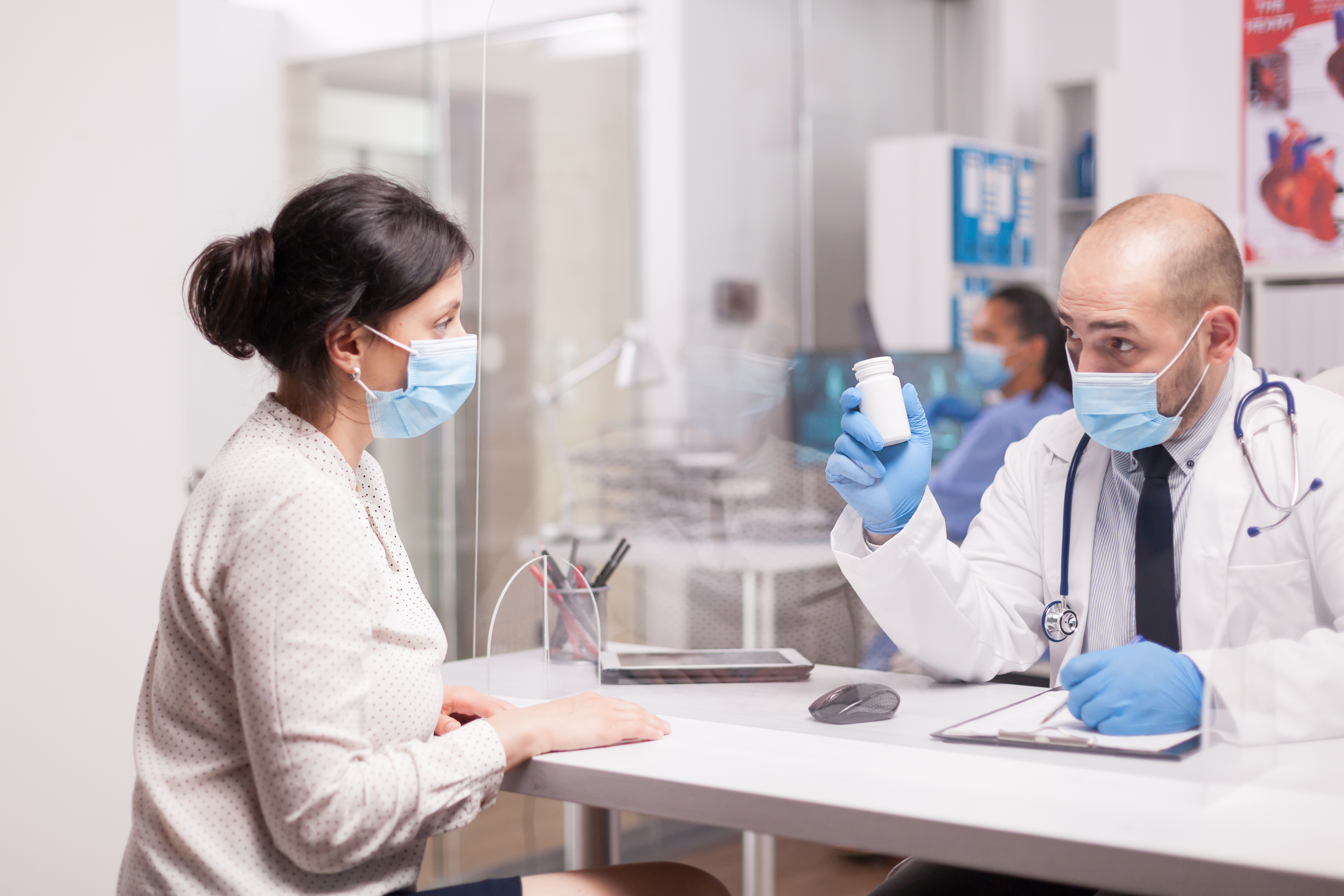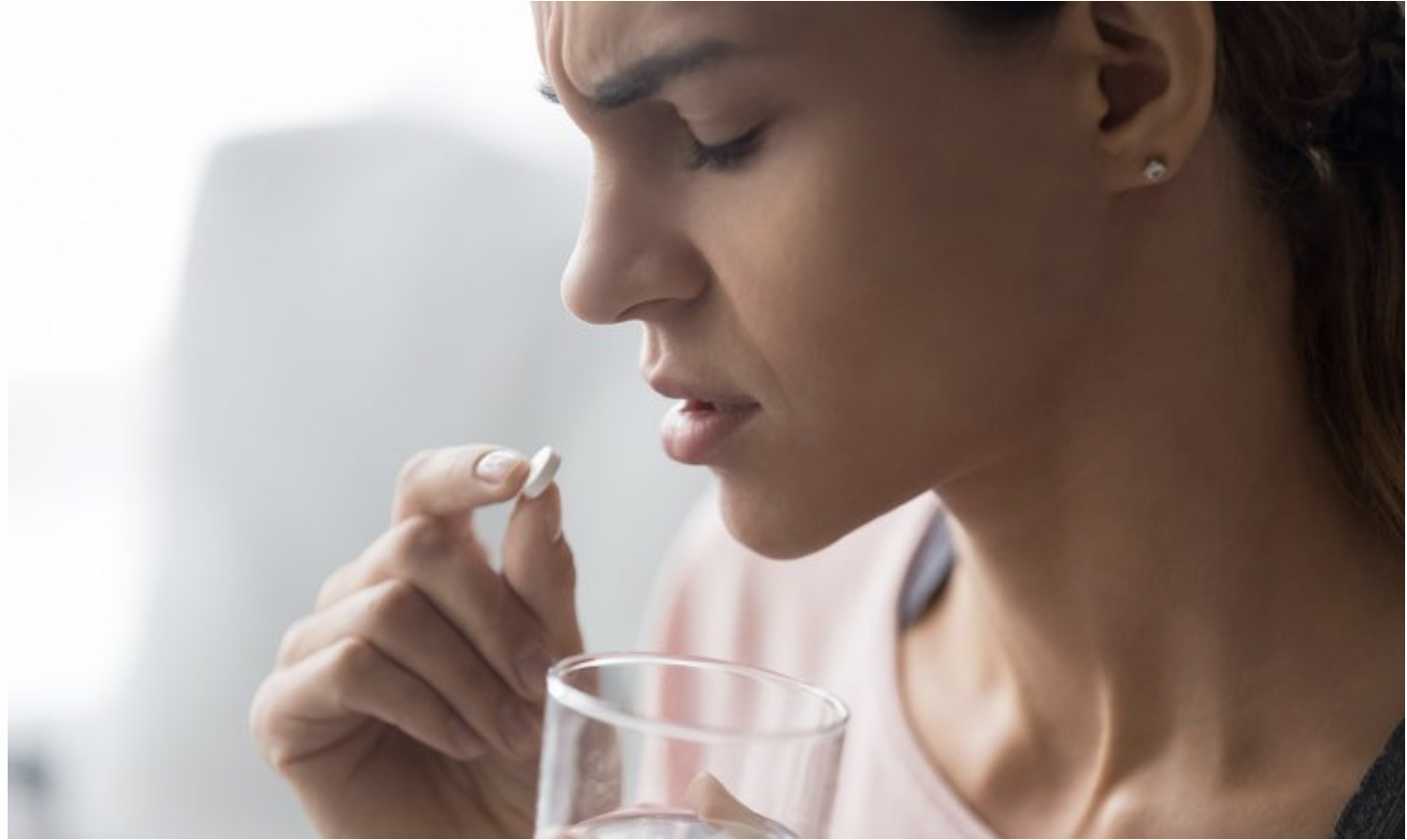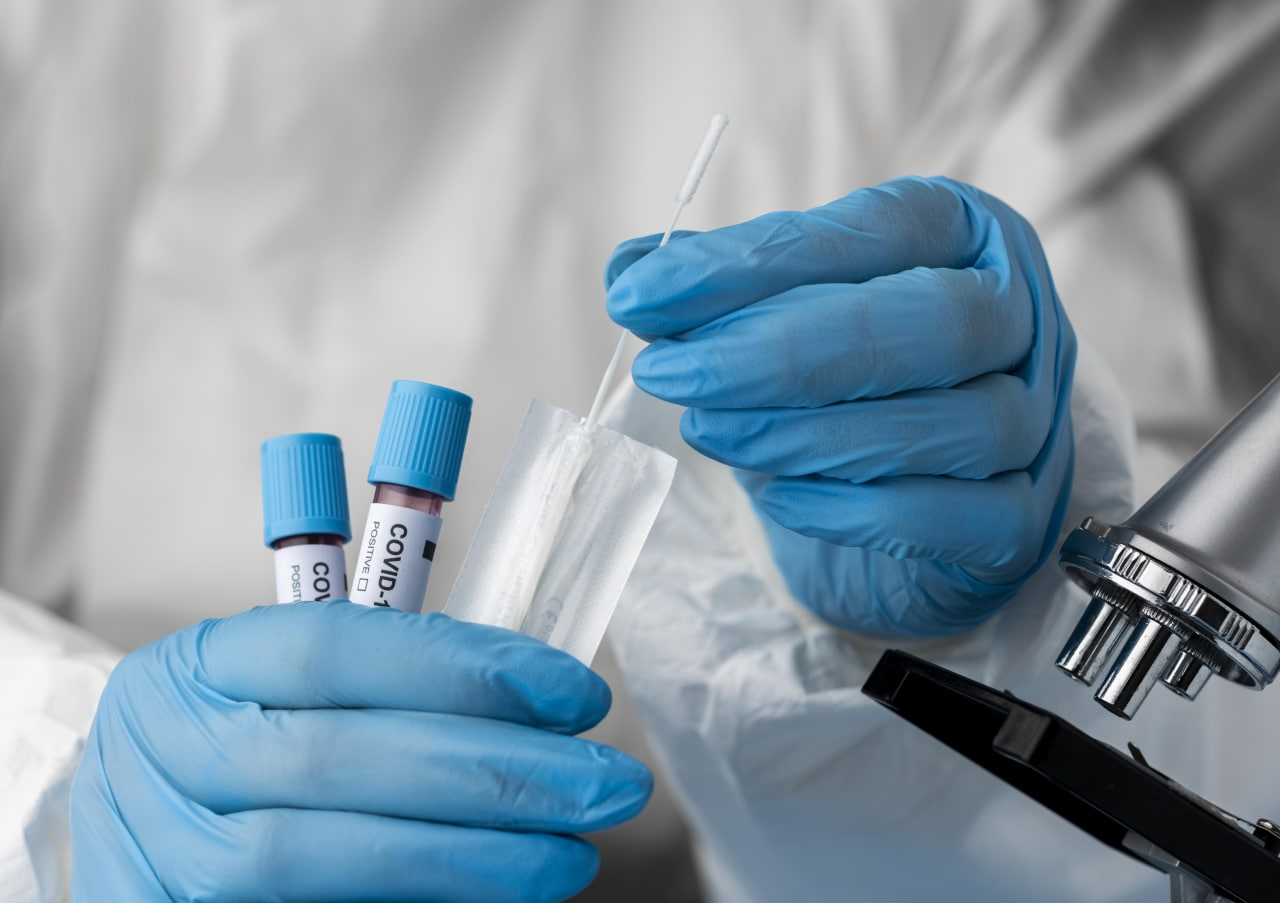Most of us have already had COVID-19, many more than once, and based our own experience and the experience of patients, we comprehend how complicated the new coronavirus infection is, and how long the corona can impact on the health. What do medical classifications and researches say about long-COVID?
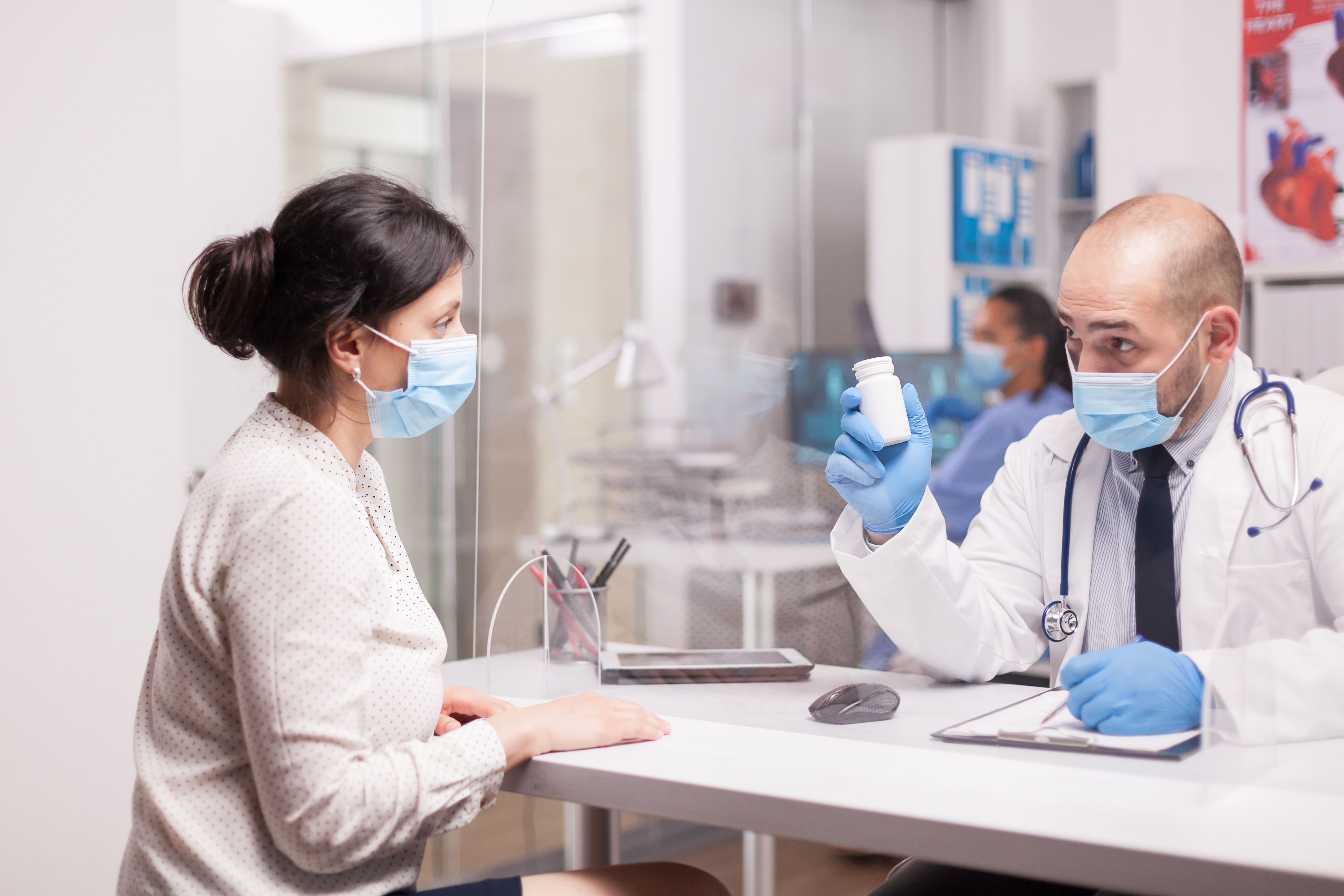
References
According to the World Health Organization (WHO), more than 150 million confirmed COVID-19 cases had been reported by May 1, 2021, with an average death rate of 2.1%. The coronavirus infection consequences to the body remain for a long time. Articles and studies on post-COVID-19 syndrome are flooding in.
"Post-COVID-19 syndrome" was included in the International Classification of Diseases (ICD-10) as «Post-COVID-19 condition» at the beginning of 2021. Thus, "post-COVID-19 syndrome" implies changing, wandering and inconsistent symptoms lasting more than 12 weeks, which are the result of only having had the coronavirus infection.
According to research centers in Greece (Athens), symptoms that last for more than three weeks (four weeks, according to researchers at Indiana and US Universities) after being diagnosed with COVID-19 are already considered as post-COVID-19 syndrome.
According to the US Centers for Disease Control and Prevention (CDC), post-COVID-19 syndrome is an umbrella term for ongoing, recurring, or newly emerging symptoms and clinical conditions with a wide range of physical and mental health consequences that some patients experience four or more weeks after being infected with SARS-CoV-2, including patients who had initially mild or asymptomatic COVID-19. The disease incidence ranges from 10% to 35%, but is up to 85% among hospitalized patients.
According to the "Recommendations for managing patients with coronavirus infection COVID-19 in the acute phase and with post-COVID-19 syndrome on an outpatient basis" of the Moscow City Scientific Society of Physicians, separating acute COVID-19 and post-COVID-19 syndrome is simply impossible from a classification perspective, since one condition merges into another, becoming a continuous process.
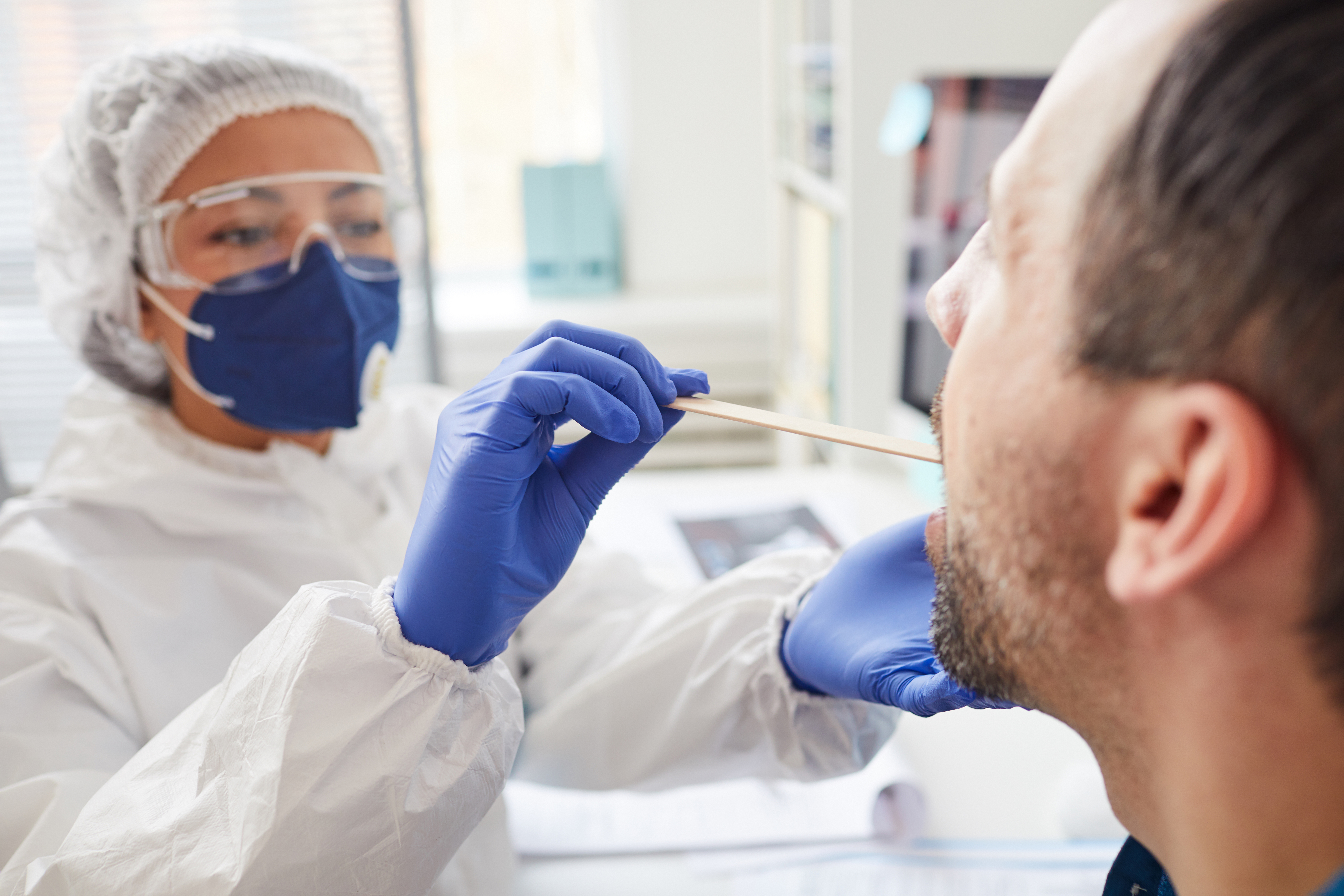
The British (National Institute of Health and Clinical Excellence, NICE) classify COVID-19 as:
- Acute COVID-19: COVID-19 signs and symptoms for up to 4 weeks
- Ongoing symptomatic COVID-19: COVID-19 signs and symptoms from 4 to 12 weeks
- Post-COVID-19 Syndrome: signs and symptoms that appear during or after COVID-19 infection and last more than 12 weeks and cannot be explained by another diagnosis.
Symptoms of post-COVID-19
The most common post-COVID-19 symptoms are:
- Fatigue (17.5 - 72% of cases);
- Residual shortness of breath (10 - 40% of cases);
- Mental problems (26% of cases);
- Olfactory dysfunction (22% of cases)
- Taste dysfunction (11% of cases).
More than a third of patients with post-COVID-19 syndrome have already got comorbidities, the most common of which are hypertension and diabetes mellitus. The pathogenesis of post-COVID-19 syndrome is multi-factorial. Long-term inflammation is key factor and can cause some neurological sequelae, cognitive dysfunction, and other symptoms. Other pathogenetic mechanisms that are implicated in post-COVID-19 syndrome include immune-related vascular dysfunction, thromboembolism, and nervous system dysfunction.
Above-mentioned Moscow City Scientific Society of Physicians and the Republican Center for Healthcare Development (Republic of Kazakhstan) classifies post-COVID symptoms:
- respiratory symptoms (respiratory variant): shortness of breath, cough;
- cardiovascular symptoms (cardiac variant): chest tightness, chest pain, palpitations;
- generalized symptoms: fatigue, high fever, pain;
- neurological symptoms (neurological variant): a cognitive impairment ("brain fog", loss of concentration or memory problems), headaches, sleep disturbances, symptoms of peripheral neuropathy (tingling, prickling, pins-and-needles, numbness), dizziness, delirium (in the elderly)
- gastrointestinal symptoms (gastrointestinal variant): abdominal pain, nausea, diarrhea, anorexia and decreased appetite (in the elderly)
- musculoskeletal symptoms (rheumatic variant): joint pain, muscle pain
- psychological / psychiatric symptoms (psychopathological variant): depression, anxiety
- ear, nose and throat symptoms (renal variant): tinnitus, ear pain, sore throat, dizziness, loss of taste and smell
- dermatological symptoms (dermatological variant): skin rash;
- endocrine variant: new-onset or decompensated diabetes mellitus; thyroid gland dysfunctions.
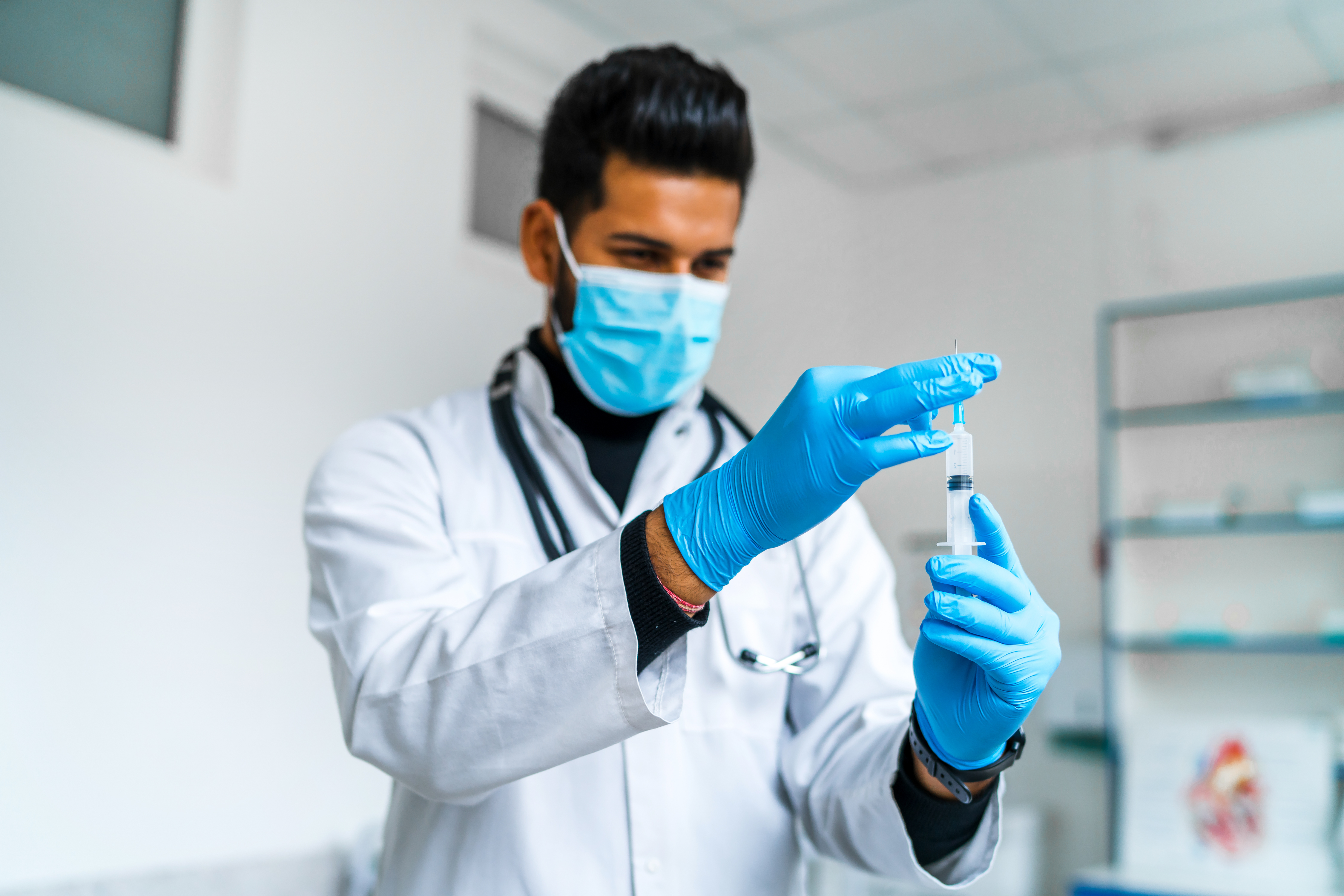
Treatment
According to foreign studies (the US and Indiana University), the recommendations for relieving conditions caused by post-COVID-19 syndrome:
- Treatment of comorbidities such as diabetes, chronic kidney disease, hypertension should be enhanced.
- Patients should be taught to self-monitor at home using FDA-approved devices, including pulse oximeter, blood pressure monitors and glucometers.
- Patients should be encouraged to eat a healthy, balanced diet, maintain proper sleep hygiene, limit alcohol consumption and quit smoking.
- Taking simple acetaminophen (paracetamol) pain relievers should be considered if necessary.
- A structured exercise program consisting of aerobic and static components should be recommended, provided that the patient can perform them and there are no contraindications.
The Moscow City Scientific Society of Physicians suggests the following characteristics of the methods of post-COVID syndrome treatment:
- Negative (effectiveness has not been approved) medical techniques -
- taking minerals: zinc, magnesium;
- taking vitamins: vitamin D, vitamin C, all B vitamins, including vitamin B12, folic acid (vitamin B9) without clear indications - a normal level of vitamin in the blood should not be considered as an indication for its appointment;
- physical activities (walking, running, cycling and other exercise methods) - often stimulates an exacerbation of the process;
- baths and saunas often lead to an exacerbation of the process;
- ultraviolet irradiation (even local) and insolation - often results in an exacerbation of the process;
- Pathogenetic therapy;
- Symptomatic treatment: hyperthermia, arterial hypertension, paroxysmal tachycardia, diarrhea, sleep disturbances, psychoemotional disorders, dizziness.
Apparently, long-COVID treatment still brings more questions than answers. Contradictory recommendations, diverse clinical manifestations in patients - all this gives room for drawing up individual treatment and rehabilitation programs. To conclude, we are now living in a post-COVID -19 pandemic, and scientific data will gradually accumulate.

